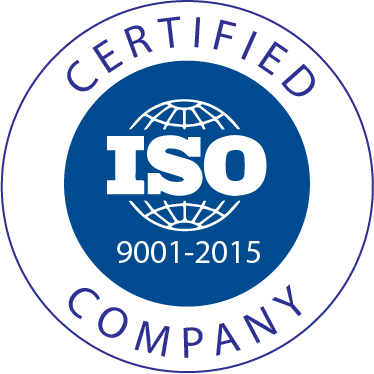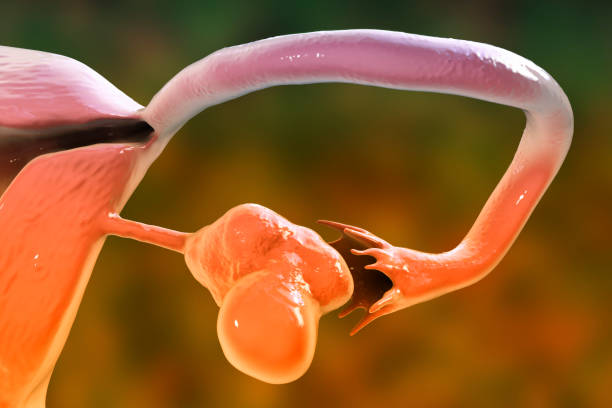Polycystic Ovarian Syndrome (PCOS) Treatment in India starts from $975. The total cost of the treatment depends on the diagnosis and facilities opted by the patient.
Women suffering from polycystic ovarian syndrome may show different symptoms. Therefore, polycystic ovarian syndrome treatment for them may differ depending on their concerns.
For example, some women suffering from PCOS could be overweight, therefore, weight loss and diet monitoring may be advised to them initially. Some women with PCOS may have a normal body mass index (BMI), however, they could be suffering from other symptoms such as cystic acne or excessive facial hair. Therefore, she may be put on birth control pills for a while to negate the symptoms.
The following are some of the most common forms of polycystic ovarian syndrome treatment available worldwide:
For women not planning a pregnancy
- Self-care: Weight loss, lifestyle modifications, and physical exercising
- Medications: Anti-diabetic medications (metformin), statins, and hormone and hair inhibitors
- Hormonal: Birth control pills
For women planning a pregnancy
- Self-care: Weight loss, lifestyle modifications, and physical exercising
- Medications: Anti-diabetic medications (metformin), statins, and hormone and hair inhibitors
- Ovarian stimulation: Gonadotropins, letrozole, and Clomid
- Surgery: Laparoscopic ovarian drilling (ovarian diathermy)
In laparoscopic ovarian drilling, two to three minor incisions are made in the lower abdomen to pass the laparoscope and instruments through which the laser is passed. The ovarian cysts producing high amounts of androgens are ruptures with the help of heat generated by the laser. This lowers the LH and testosterone levels and therefore, the hormone imbalance is temporarily restored.
Symptoms of Polycystic Ovarian Syndrome
The following are some of the symptoms of polycystic ovarian syndrome:
- Irregular periods
- Absence of periods
- Difficulty getting pregnant
- Excessive hair growth (hirsutism) mainly on the neck, face, back, and chest
- Weight gain
- Male-type baldness
- Hair thinning
- Cystic acne
- Oily skin
- Depression and mood swings
- Severe premenstrual syndrome (PMS)
Diagnosis for PCOS
Irregular periods or absence of periods is one common sign that may indicate that the woman may have a polycystic ovarian syndrome. However, it can only be confirmed with the help of ultrasound during a regular visit to the gynecologist.
The following tests are performed to confirm PCOS:
- Ultrasound (abdominal or transvaginal)
- Blood work-up: LH, FSH, blood sugar, TSH, free testosterone, and Prolactin






